What Happens to Unpaid Debt When a Credit Card Holder Dies?
 4 min. read
4 min. read
Death is a grim but inevitable topic. We never know when it’s time or whether it will be by accident, disease, or old age. That’s why it’s essential to prepare, especially if you have a lot of assets and liabilities to your name.
One common question about death-related financial matters is credit card debt. What happens if a credit cardholder dies in the Philippines? Will your debt be dismissed entirely? Or will your spouse and children inherit it?
This guide will help you understand how your death affects debt and the preparations you must make.
Philippine Law on Unpaid Debts of the Deceased
In the Philippines, credit card debt transfers upon death. According to Article 776 of the New Civil Code of the Philippines, "Succession is a way of acquiring property, rights, and obligations from a person who has passed away, either through their will or by legal rules."
Article 776 expounds on this, stating, “The inheritance includes all the property rights and obligations of a person which are not extinguished by his death.”
These laws mean you pass on all your assets and liabilities when you die. Your assets include any money in your bank account, properties and objects, and investments you’ve made. Liabilities comprise your mortgages, loans, and other forms of debt.
With the law stated and clarified, the question is, who will inherit your unpaid credit card debt?
Who Inherits Your Credit Card Debt When You Die?
Fortunately, family members or heirs aren’t obligated to pay your debts when you die. Instead, your estate, which is everything you own and rightfully yours, is charged. Your next of kin will only inherit what remains of your estate after settling your financial obligations.
If you’re worried they’ll seize your house and evict your family, the Family Code and Commonwealth Act No. 141 prevents this from happening. The bank can’t claim your family home, no matter your outstanding debt.
The bank or lender will need to file a case against your estate, stating the total amount of your outstanding liability. However, they can’t harass any remaining family members to pay it off, nor can they file a case to force them into paying. Therefore, the only way for your relatives to inherit your debt is if they share it with you as either guarantors or co-signers.
Your debt goes unpaid only if you have no estate when you die. But this means that your relatives will get nothing as an inheritance.
What Can You Do as a Credit Cardholder?
Even if your family does not inherit your debt, they are still affected since they could end up with a severely reduced inheritance or none at all. Therefore, you must be a responsible credit card holder and manage your liabilities, so it doesn’t affect your next of kin.
Here are some tips to avoid passing this burden:
- Keep an eye not just on your credit card debt but also on your other loans and liabilities.
- Keep records of everything. Have a spreadsheet or an app that records them, so you always know your outstanding balances.
- Make timely payments to manage your debt and avoid interest charges and other fees. As much as possible, pay your dues in full, so they don’t balloon.
- Avoid paying only the minimum amount in your billing statement, as this increases the amount you need to pay next time.
- Be transparent. If you have a shared credit card, let your co-owner know about your purchases and debts.
- If you give a family member a supplementary credit card, they must also inform you about their purchases and debts. Tell them the obligation falls on them if you pass away unexpectedly.
- Don’t sign up for multiple credit cards if you can’t handle the responsibility financially.
- Don’t max out your credit card, as this will incur over-the-limit interest charges and other penalties.
- Treat your credit card as a cash alternative rather than a cash advance to help you stay on budget.
- Check your billing statements carefully. To protect yourself from credit card fraud that could bloat your debt, make sure you recognize every purchase on your account.
Leave No Debts Behind
As a credit card holder, you are responsible for managing your finances so that you won’t be saddled with financial obligations if you die. Our 10 tips will help you be mindful of your spending and debts. Remember that you must be debt-free if you want to leave behind a substantial inheritance to your family.
If you’re looking for a credit card with budget management features, consider RCBC. Our credit cards come with Spend Monitor and Spend Analyzer to make debt management easy, as they track and alert you of your purchases.
Have these benefits and more by applying for an RCBC Credit Card!

 bc
bc

















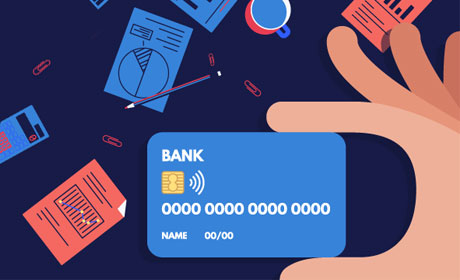


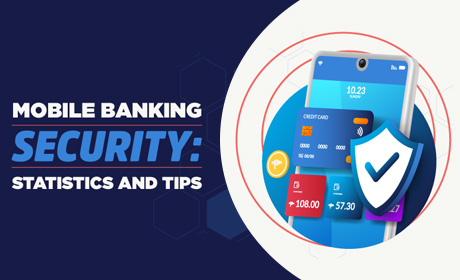


.png)
.png)





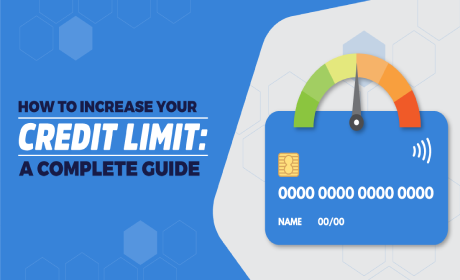
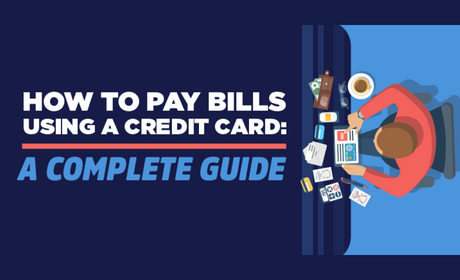



.jpg)
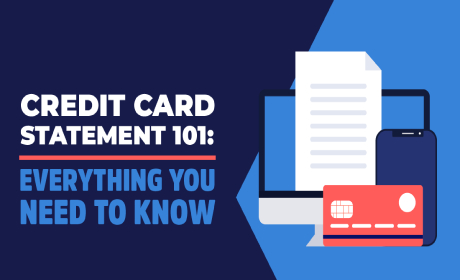
.jpg)

.jpg)

.jpg)



.jpg)
 (1).jpg)
 (1).jpg)
 (1).jpg)

.jpg)
 (1).jpg)
 (2) (1).jpg)
 (2) (1).jpg)
.jpg)
 (1).jpg)
 (1).jpg)
 (1).jpg)
 (1).jpg)


.jpg)
.jpg)
.jpg)
.jpg)

.jpg)
.jpg)


.jpg)
.jpg)
.jpg)
.jpg)
.jpg)
.jpg)


.jpg)
 (1).jpg)

.jpg)

.jpg)
.jpg)
.jpg)
.jpg)
.jpg)
.jpg)


